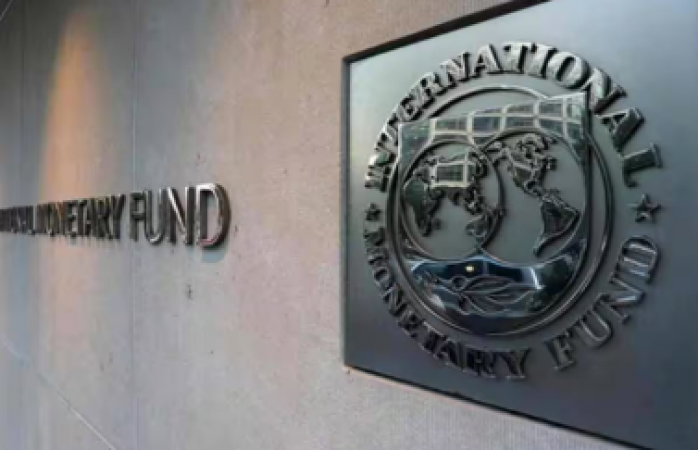
Dubai: According to the International Monetary Fund, economies in the Middle East and Central Asia will likely contract this year as high inflation and rising interest rates eat into their post-pandemic gains.
The IMF's Regional Economic Outlook attributed the anticipated slower growth in part to rising energy costs as well as higher food prices. According to the report, while economies dependent on oil in the Gulf Arab states and elsewhere in the region have benefited from high crude prices, growth in other nations, such as Pakistan, has collapsed in the wake of unprecedented flooding last summer or as economic problems have gotten worse.
The regional slowdown also comes as a nation where IMF and World Bank debt relief is still on hold is threatened by a flare-up of fighting in Sudan between two top rival generals who only a year ago as allies orchestrated a military coup that upended the African country's transition to democracy.
Also Read: Gig Economy and its Impact on Indian Youth
Rising interest rates raise the cost of borrowing money as central banks around the world use them to try to stop inflation from increasing. That will have an impact on countries with higher debt levels, the IMF warned.
Jihad Azour, the director of the IMF's Middle East and Central Asia Department, told The Associated Press that inflation is once again the most difficult problem for most of the nations. "For those who have a high level of debt, the challenge of an increase in interest rates globally, as well as also the tightening of monetary policy, is affecting them."
Regional growth is expected to slow from 5.3% last year to 3.1% this year, according to the IMF forecast. Given that Russia's war on Ukraine continues to put pressure on the world's food supplies and have an impact on energy markets, regional inflation is predicted to be 14.8% overall, which is the same as last year.
Also Read: FM asks ADB to support India with more concessional climate finance
In Pakistan, where the IMF predicted inflation to more than double to about 27%, the situation will be even worse. Officials from Pakistan and the IMF have had numerous discussions regarding the release of a $6 billion bailout package loan to Islamabad that has a key tranche that is stuck.
The IMF issued a warning that tighter financial conditions will prevail globally this year, partly as a result of the failure of two banks in the United States in March. Markets were also strained by Credit Suisse's abrupt demise prior to being acquired by UBS.
Also Read: Great Outlook on Indian economy: PM Modi on highest ever GST tax collection
Azour acknowledged the difficulty facing Sudan, where weeks of fighting have caused a humanitarian crisis. A debt crisis that has plagued the nation for decades as a result of Western sanctions has also gotten worse as a result of the violence.
"We have collaborated with the government of Sudan to achieve a debt operation that would enable Sudan to have a debt relief of more than $50 billion for the benefit of the Sudanese people," Azour said